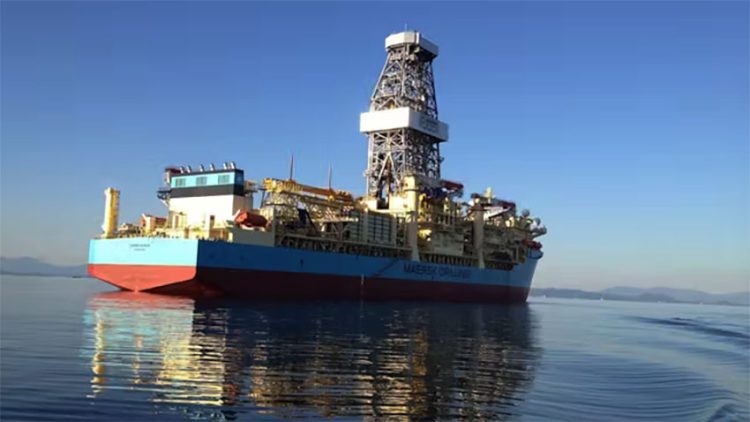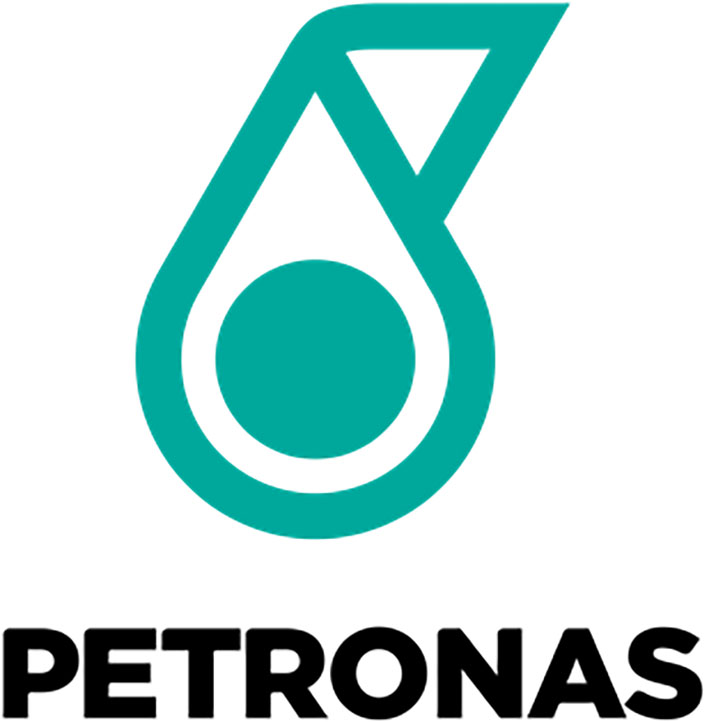Two contiguous South American neighbours with eye-catching petro power potential may well be an emerging reality for the international community to contemplate as news emerges of what, reportedly, has been a recent major development in Suriname’s unceasing effort to transform its known significant oil reserves into a tool with which to transform the fortunes of the country’s economies. Since 2015, Guyana has put some distance between itself and its neighbour in terms of benefitting from its returns from its successive oil finds and while it was known that Suriname was waiting to ‘exhale’ as one of the region’s ‘oil economies’ no timeframe was put to the full-fledged emergence of South America’s next oil power.

Now, it seems that the recent disclosure by ExxonMobil Corporation, XOM, and Production Suriname, an affiliate of ExxonMobil, alongside Petronas Suriname E&P, a subsidiary of Malaysia’s Petronas, regarding what is believed to be a significant hydrocarbon discovery in Block 52 offshore Suriname, that the Dutch-speaking Republic may now be on the verge of ‘coming good.’ Not only does this mark, reportedly, the third significant find in the Block since 2020, it also appears to send a message regarding the potential of the Guyana-Suriname basin as the home of substantial hydrocarbons further solidifying the potential of oil reserves.
What is named the Fusaea-1 exploration well, was reportedly drilled to a depth of 5,227 meters by the Noble Voyager drillship and according to a media report, “encountered multiple oil and gas-bearing sandstone reservoirs.” The media report on the find was attended by news that Petronas and ExxonMobil were conducting further evaluations to determine the full extent of the discovery and its potential integration with previous finds. The experts’ assessments have been assuring. One report alludes to “a high-ranking Petronas official” reportedly emphasizing the importance of the find, apparently stating that its results strengthen the company’s position in Suriname’s hydrocarbon resources, building on previous discoveries in the region.





